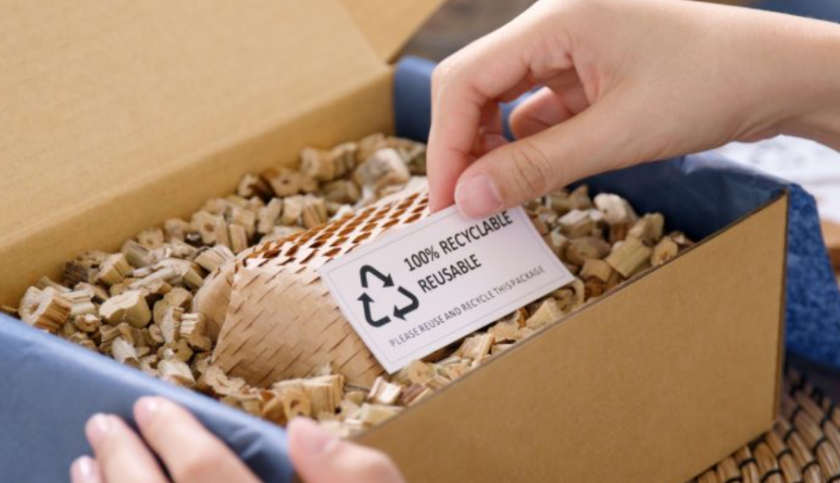The European Parliament has voted in favor of a complete ban of single-use plastics, including cutlery, plates, straws, drink stirrers and more across the E.U. to prevent ocean pollution. The proposal also included a reduction in other single-use plastic items for food, like drinkware and cups.
The European Commission proposed this ban back in May, following growing public support thanks in part to documentaries, such as David Attenborough’s BBC series “Blue Planet.”
There was also a study that showed that measures taken in the U.K. decreased ocean pollution in a noticeable way.
The European Parliament voted 571-53 in favor of the bill, with MEP Fréderieque Ries calling it “a victory for our oceans, for the environment and for future generations.”
The items that are outright banned are things like straws, which have alternatives made from materials other than plastic. The ones “where no alternative exists” are still going to be reduced by 25 percent in each EU country by 2025, according to the plan.
New EU rules, adopted by MEPs on 24 October, tackle lost fishing gear and the 10 single-use plastic products most widely found on European shores. Together these two groups account for 70% of marine litter. https://t.co/MuxLbTd02b pic.twitter.com/et1jCsuUcT
— European Parliament (@Europarl_EN) October 24, 2018
According to the BBC, single-use plastics make up 49 percent of marine litter in the E.U. Six percent is other plastic, and 18 percent is non-plastic. Items like plastic bottles take 450 years to biodegrade. Aluminum cans take 200 years, and styrofoam cups take 50 years. By the EU’s estimation, about 150,000 tons of plastic are thrown into European waters annually.
One member of E.U. Parliament said that, if they didn’t take action, “by 2050 there will be more plastic than fish in the oceans.”
E.U. countries have already taken measures to ban microbeads in personal care products, as they can make their way to the oceans and not only pollute the waterways, but make their way back to humans through sea life that we eat.
“Today’s vote paves the way to a forthcoming and ambitious directive,” Ries said, according to the New York Times. “It is essential in order to protect the marine environment and reduce the costs of environmental damage attributed to plastic pollution in Europe, estimated at 22 billion euros by 2030.”
The European Federation of Waste Management and Environmental Services, which is representing waste-management companies in Europe, celebrated the E.U. governing body’s decision but underscored the importance of finding fully recyclable options.
“I am confident that E.U. negotiators will succeed in deciding by December 2018 on a level of mandatory recycled content, to be transposed into E.U. law by 2025, which will trigger the uptake of plastic recyclates in beverage bottles,” Jean-Marc Boursier, president of FEAD, said, according to the New York Times. “By doing so, the EU will finally experience a circular shift that is long overdue.”
The EU parliament will enter negotiations with the European Council representing the 28 member states, who will make their final decisions on ratifying the bill by December 16.



